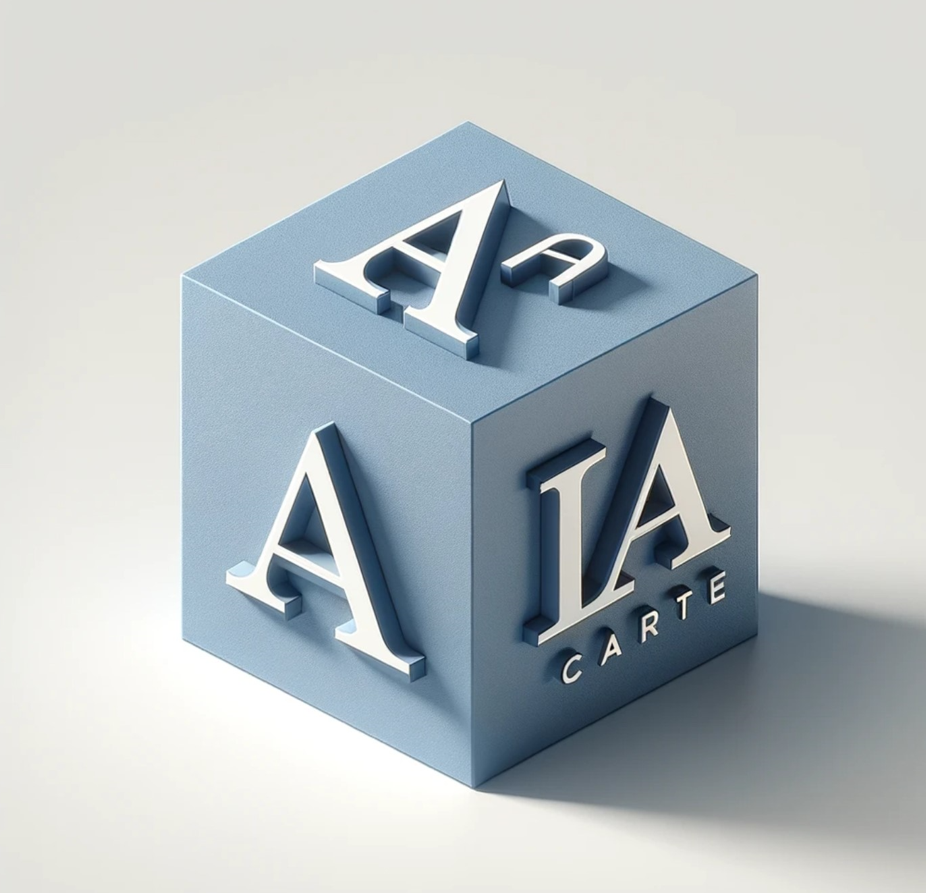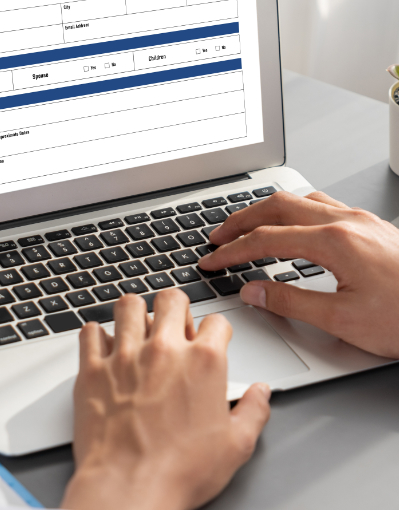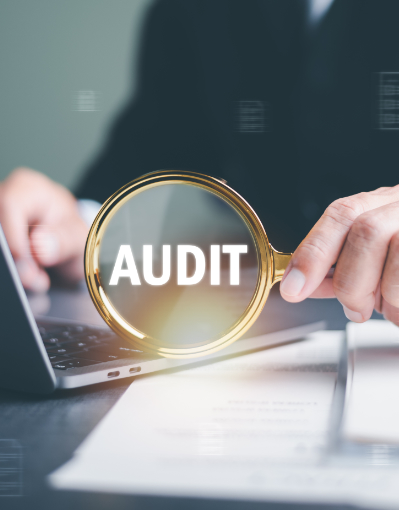Why are regulatory submissions required?
European Market
We specialize in preparing Technical Documentation under the Medical Device Regulation (MDR) or In Vitro Diagnostic Regulation (IVDR), ensuring compliance with European standards.
In the European market, compliance with the Medical Device Regulation (MDR) and In Vitro Diagnostic Regulation (IVDR) is crucial. These regulations have been established to ensure a high level of protection of human health and safety. LEXQARA’s role in this context is to prepare detailed Technical Documentation that demonstrates conformity with these regulations. This includes extensive documentation of the device’s design, manufacturing process, intended purpose, and clinical evaluation. The goal is to prove that the device meets all relevant safety and performance requirements. Such thorough preparation not only facilitates smooth approval processes but also forms the foundation of post-market surveillance.
U.S. Market
Our services extend to preparing submissions such as 510(k)s and De Novo classification requests, aligning with the U.S. Food and Drug Administration (FDA) requirements.
In the U.S. market, the Food and Drug Administration (FDA) sets the standards for medical device clearance and approval. LEXQARA’s expertise here involves preparing submissions for 510(k) clearance and De Novo classification requests. The 510(k) process is intended for devices that can be demonstrated to be substantially equivalent to a legally marketed device. The De Novo pathway, on the other hand, is a route for novel devices that do not have a comparable predicate. Successfully navigating these pathways demands a strategic approach, comprehensive knowledge of FDA guidelines, and meticulous documentation.
Global Compliance
For global market access, LEXQARA assists in preparing Summary Technical Documentation (STED) and Technical Construction Files (ToC). These documents are essential for markets such as Brazil and Canada, where specific regulatory frameworks are in place. STED focuses on summarizing the technical aspects and compliance evidence of the device, whereas ToC involves a detailed compilation of all technical data and supporting documents. These documents are critical in demonstrating compliance with international standards and facilitating market entry in various countries.
Facilitating Regulatory Authority Communication
Effective communication with regulatory authorities is another key aspect of LEXQARA’s services. This involves navigating various feedback and pre-submission processes, such as Q-Submissions (QSub) and 513(g) Requests in the U.S. These processes allow for early engagement with the FDA to receive guidance and clarifications, thus reducing uncertainties and potential delays. Similarly, in the European Union, LEXQARA supports manufacturers with the expert panel consultation for reviewing clinical development strategies and proposals for clinical investigations but also extends to supporting manufacturers in identifying and interacting with Notified Bodies (NBs). Such proactive engagements are essential for aligning product development with regulatory expectations and for addressing potential issues early in the process.
















